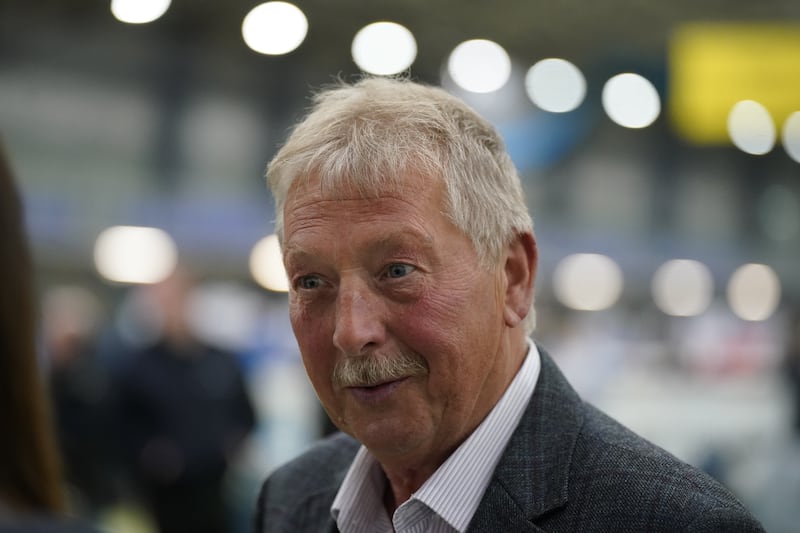FORMER deputy first minister Martin McGuinness has provided an insight into one of the most important episodes of the Troubles months before his own death.
A statement by Mr McGuinness given in February last year has been submitted to a new inquest into the fatal shooting of Derry IRA man, Seamus Bradley.
A preliminary hearing is due to be heard today.
The 19 year-old died after being shot in Derry’s Creggan during the British army’s Operation Motorman to clear the city’s so-called no-go area in July 1972.
At the time, it was claimed he bled to death from wounds received. The soldier who shot him claimed he saw Mr Bradley climbing a tree while carrying a rifle.
However Mr Bradley's family believe he was tortured and may even have died from asphyxiation.
Following the announcement that a fresh inquest would take place Mr McGuinness, a former IRA leader, was asked by Lord Justice Weir to provide a statement about Mr Bradley’s death.
The former deputy first minister, who passed away after a short illness in March, has admitted to being an IRA leader in Derry in 1972.
In his statement, unpublished until now, Mr McGuinness said he did not witness the death but he confirmed he was part of a six person delegation to meet with the British government on July 7 1972 at Cheyne Walk in London.
Mr McGuinness's statement said there was no discussion about the forthcoming Operation Motorman or about “any response by the IRA” at the Cheyne Walk meeting.
“I did not attend any other meetings with the British government at this time nor did I discuss ‘Operation Motorman’ or any IRA decision to stand down with British representatives.
“However, I can confirm that it was common knowledge in Derry, and widely reported in the media at the time, that the British Army were preparing to invade the ‘no-go’ areas, and, also, that the IRA would not offer any standing resistance due to the risk of injury and death to the civilian population that such a confrontation would have caused,” he said.
Mr McGuinness confirmed that he was happy to assist the new inquest into Mr Bradley’s death.
A full inquest into the shooting is scheduled to take place in December.








